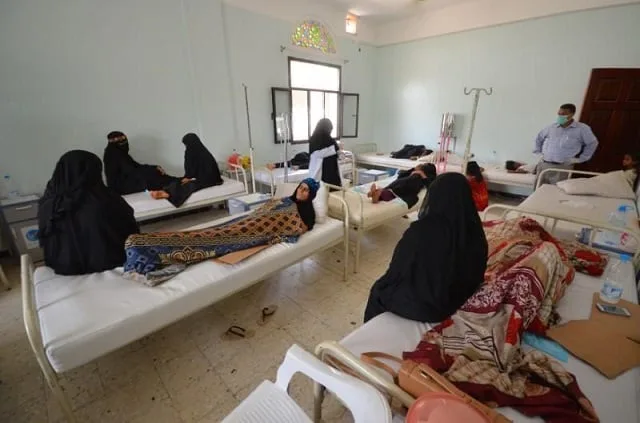Cholera Outbreak in Astore: 750 Hospitalized Amid Water Contamination Crisis
Rapid Escalation of Waterborne Illnesses A severe outbreak of cholera and gastroenteritis has gripped Astore, Gilgit-Baltistan, with at least 750 residents hospitalized over a span of just four days. The surge in cases has exposed deep vulnerabilities in the region’s water and health infrastructure, prompting swift action from local authorities.
Contaminated Water Identified as the Source District Health Officer Dr. Nawab Ahmed Khan confirmed that contaminated water supplies were the primary cause of the outbreak. Out of eight water samples tested, four returned positive for cholera. In response, supply lines were suspended, tanks disinfected, and emergency chlorination procedures launched. Bottled water and tankers were distributed to affected communities to curb further transmission.
Hardest-Hit Areas and Symptoms The outbreak began on August 30 at District Headquarters Hospital Astore, with patients reporting symptoms of diarrhoea and vomiting. Affected localities include:
- Pattipura
- Lous
- Chongrah
- Eidgah
- Government Colony
- Gorikot
- Parishing
- Shounter
By September 1, the number of cases had surged to 450 across hospitals and temporary medical camps.
Children Under Five Most Vulnerable Young children have been disproportionately affected, with rising cases of cholera, diarrhoea, typhoid, and pneumonia. The situation underscores the fragility of water infrastructure in Gilgit-Baltistan, especially during the monsoon season when flooding exacerbates contamination risks.
Emergency Response and Stabilization Efforts The district administration activated medical surge teams, water sanitation interventions, and public awareness campaigns to contain the spread. Officials report that nearly 90% of cases are now under control, and the region is transitioning from rapid escalation to early stabilization.
Ongoing Risks and Government Accountability Despite containment efforts, lapses in chlorination and unsafe water infrastructure remain persistent threats. The Gilgit-Baltistan government has pledged stricter monitoring and accountability measures to prevent future outbreaks and protect public health.
Conclusion: A Wake-Up Call for Infrastructure Reform This outbreak serves as a stark reminder of the urgent need for investment in clean water systems and proactive health planning. As climate-related challenges intensify, regions like Astore must be equipped with resilient infrastructure to safeguard communities from preventable diseases.




+ There are no comments
Add yours